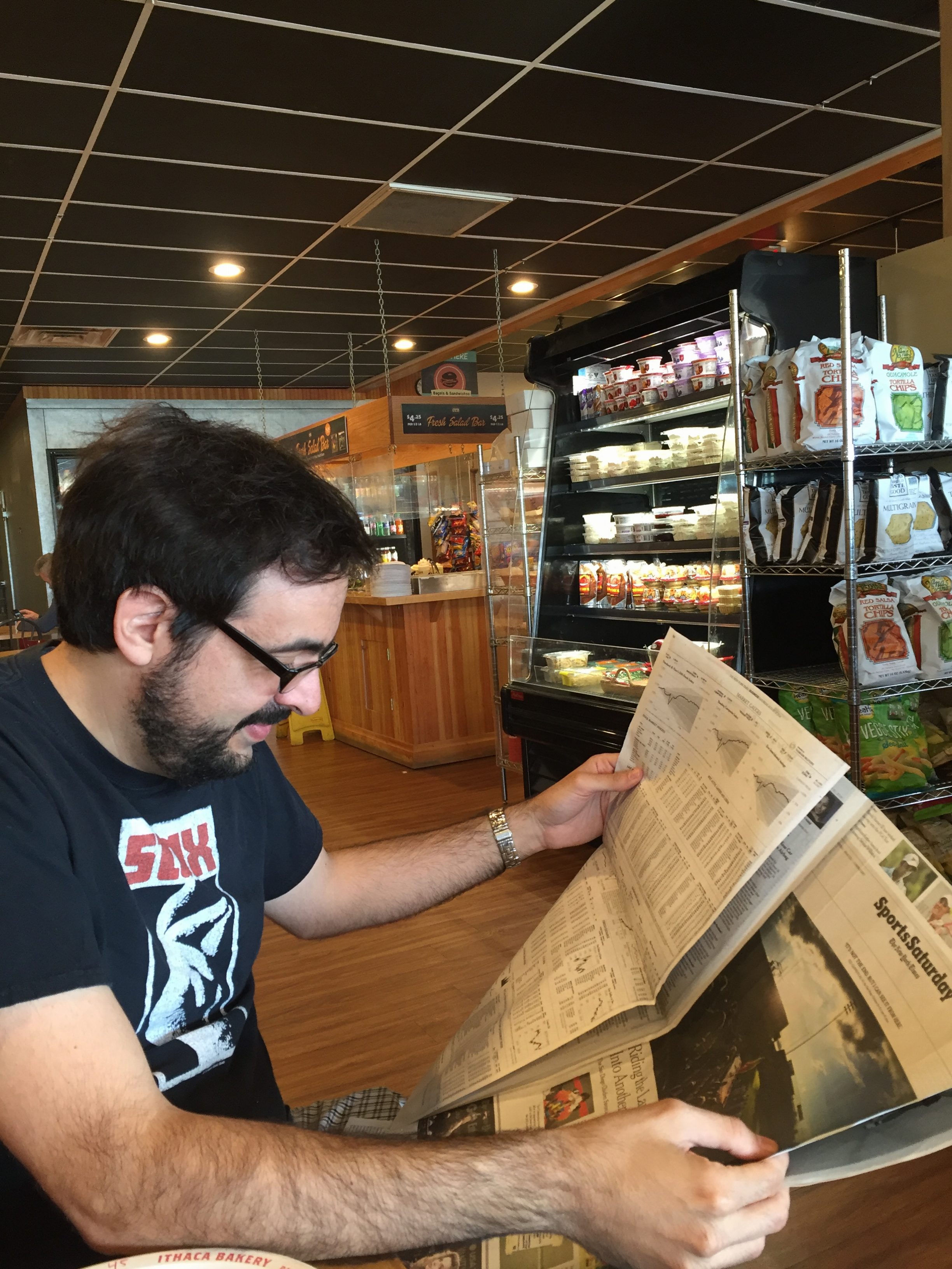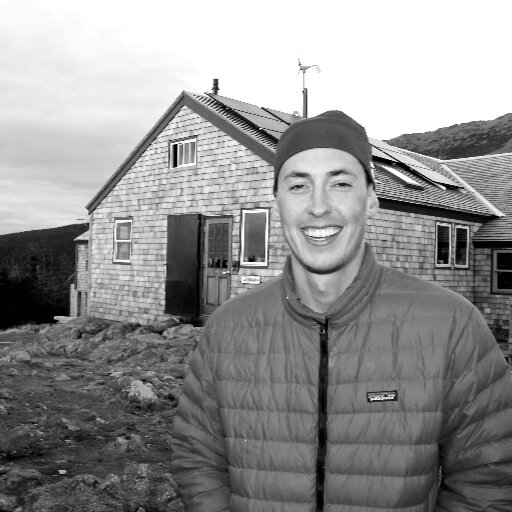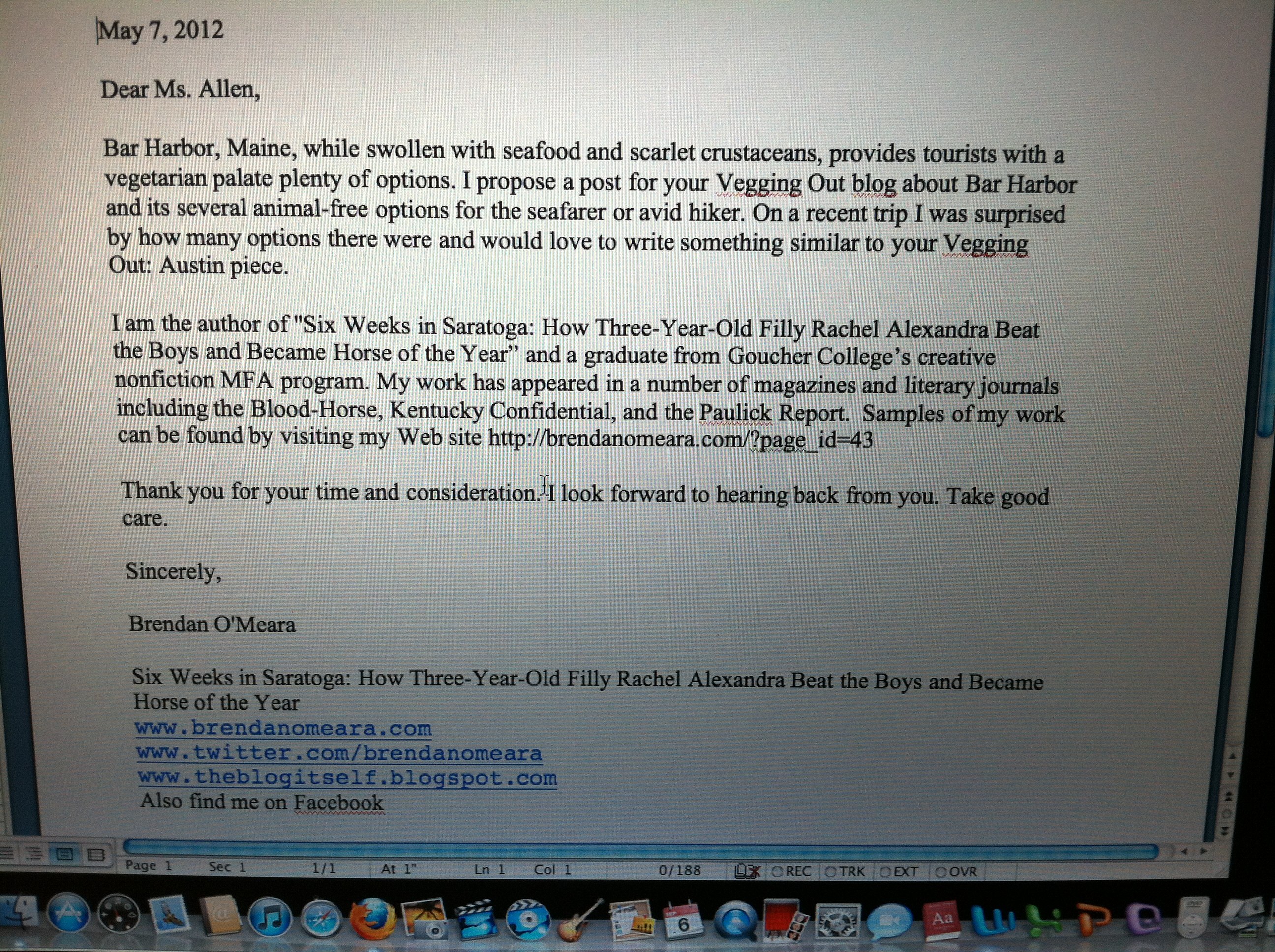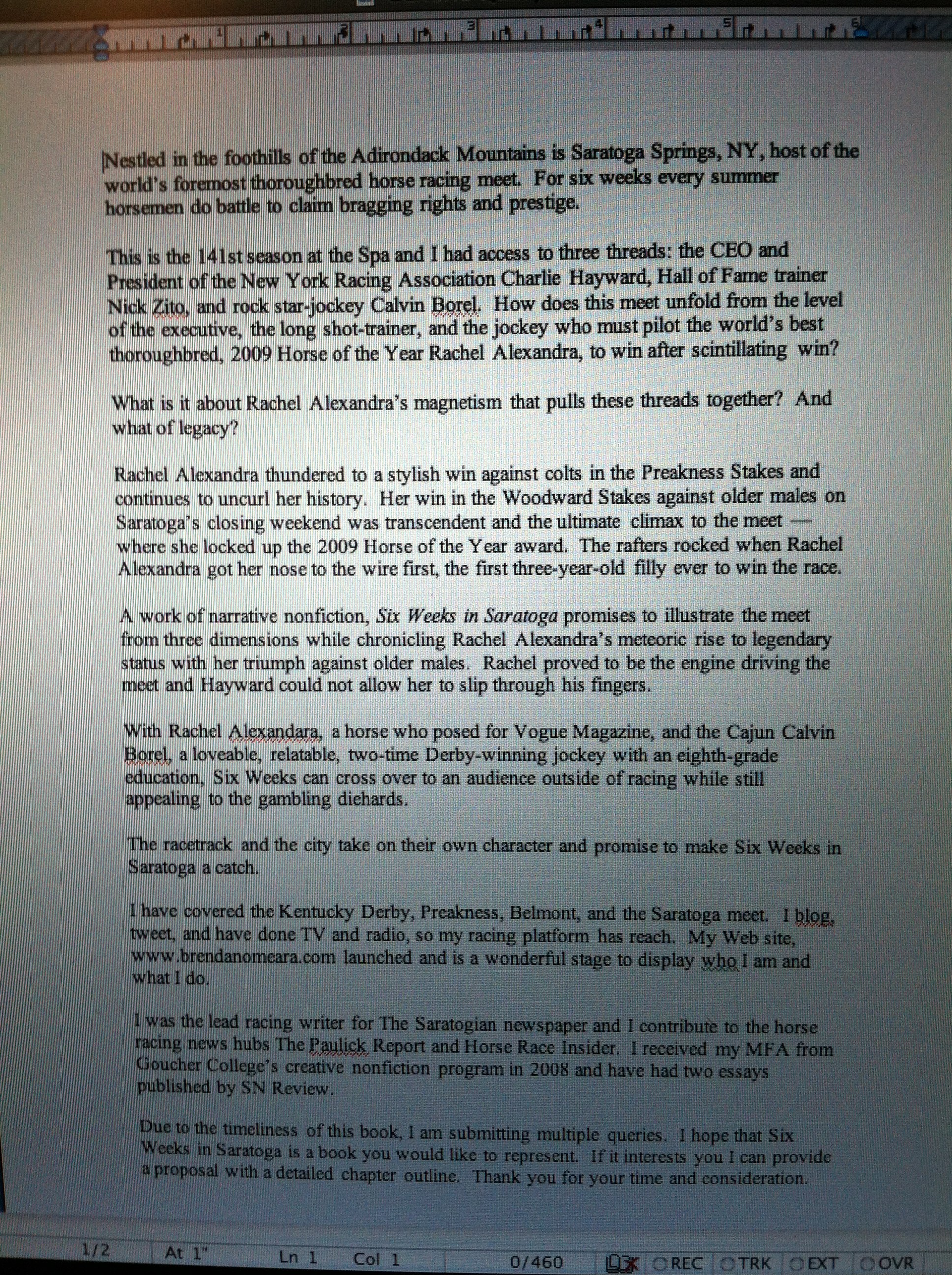Written by Brendan O’Meara
For my first podcap—a recap of podcasts I’m listening to—I’m taking a look at the latest from Gimlet Media.
Gimlet Media released a new podcast, Surprisingly Awesome, featuring Adam McKay and Adam Davidson. Google their names if you want vital bio information.
This podcast tries to take something seemingly boring things like mold (Episode 1), free throws (Episode 2) and concrete (Episode 3) and illustrate how, you guessed it, awesome they are.
So far, all three have been, you guessed it again, surprisingly awesome, but there’s something more, something deeper this show represents that’s important to all storytellers and freelancers. It’s this: So what? or Why do I care about ______?
The podcast is, in essence, an elaborate story pitch of why something apparently mundane is, in fact, interesting, and worthy of our time and worthy of a publisher’s dollars.
In all three instances one of the hosts is bored while the other is excited. Like a defense attorney pleading his case for his client, he tries to sway a biased jury. No change of venue. The other host is the permanent venue so get over it.
Also at the core is this central statement, one created by Gimlet co-founder Alex Blumberg: I’m doing a story about X, and it’s interesting because of Y. You can take AB’s Creative Live course and learn all about this.
For the latest episode on concrete, AD could say, “I’m doing a story about concrete, and it’s interesting because natural disasters, like the Haitian earthquake, aren’t really natural disasters, they are concrete disasters.”
The story suddenly gets green lit because that is interesting. You feel it in your bones. Cheap concrete shatters and in poor, developing countries. The cheap concrete breaks like brittle when the earth rumbles.
This podcast, aside from being entertaining, is a master class in getting writers to probe deep into a mundane topic and find what is ultimately sellable about the story.
I host #CNF and would love for you to listen and subscribe. Also, throw down your email so you can updates from this website when I post something. No posts, no emails, no spam, ever.




